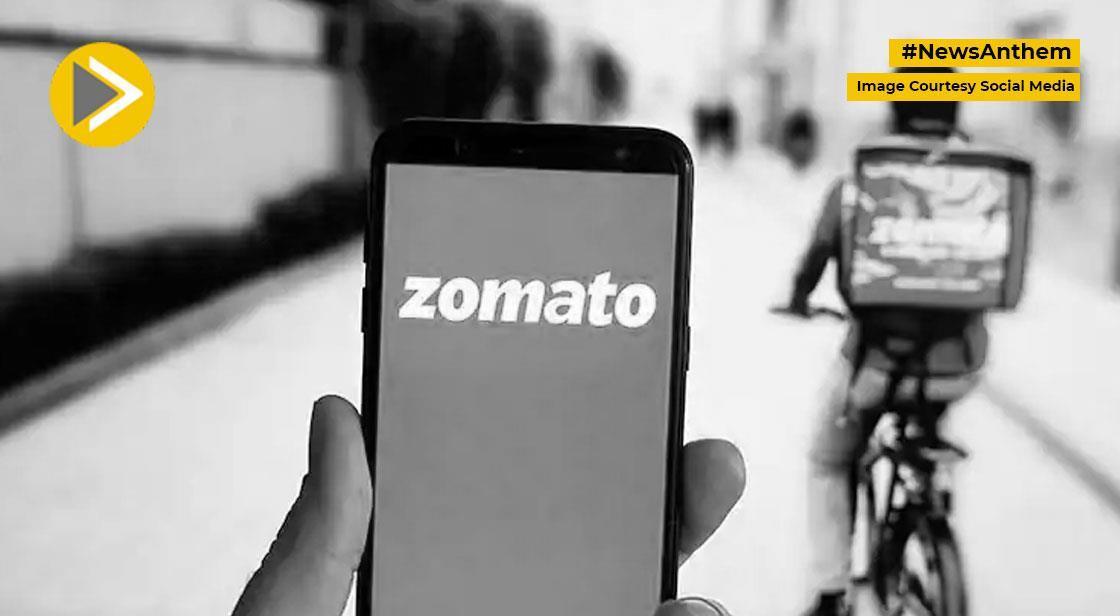Zomato Introduces Extra Fees for Long-Distance Deliveries, Drawing Criticism from Restaurants

News Synopsis
Zomato has reportedly informed partner restaurants that total service fees—including the new distance-based charges—will not exceed 30%, excluding other incidental costs. However, many restaurant owners contest this claim, stating that effective commission charges could spike to as high as 45%, once all additional costs are considered.
One restaurant owner expressed frustration over the frequent updates to the commission structure, saying, “There are changes to the commission terms every few months, making it hard to operate with long-term clarity.”
In response, multiple restaurant owners are reportedly coordinating a formal protest, with some considering taking their listings off Zomato for a day to demonstrate their concerns.
New Agreements Reflect Parent Company’s Rebranding
Apart from introducing the delivery surcharge, Zomato has also asked partner restaurants to sign revised agreements. These updated documents reflect the rebranding of Zomato’s parent entity to “Eternal.” The name change is part of an ongoing corporate restructuring, but its timing—alongside the rollout of new charges—has added to the unrest among partner restaurants.
Tied to New Distance-Based Ratings System
Insiders at Zomato suggest that the long-distance delivery charge is part of a broader strategy to improve customer experience. A Zomato executive told The Economic Times that data indicates a drop in customer satisfaction as the delivery distance increases, and that the new fee should be viewed alongside their distance-based restaurant rating system, introduced last year.
This system, which scores restaurants based on how far orders are delivered, has already faced criticism from some business owners who argue that it unfairly affects restaurants located further from high-demand areas.
Pre-COVID Delivery Radius vs Current Model
Before the COVID-19 pandemic, Zomato allowed free delivery within a 4–5 km range. However, with many restaurants shutting down during the pandemic, the radius was expanded up to 15 km to support delivery continuity.
Restaurant owners are now arguing that the shift back to distance-based fees, without reinstating the old structure, feels like a rollback of customer and partner-friendly policies.
NRAI Steps In to Address Concerns
The National Restaurant Association of India (NRAI) has contacted Zomato to raise concerns about the new service fee and overall commission practices. According to an NRAI spokesperson, a detailed discussion is expected to take place later in the week.
Industry Context: Slowing Growth in Food Delivery
Zomato’s move comes at a time when the overall food delivery sector in India is experiencing a slowdown. Both Zomato and its key competitor Swiggy have seen year-on-year growth dip below 20% in the last two quarters.
Food delivery still remains Zomato’s core business vertical, with the company reporting a gross order value of ₹9,778 crore in the March quarter—a 16% rise year-on-year but slightly down from the previous quarter. The company has also recently discontinued its 10-minute delivery services, including Zomato Quick and Zomato Everyday.
Conclusion: Fee Strategy Faces Industry Scrutiny
While Zomato claims the long-distance delivery fee is aimed at maintaining delivery efficiency and improving user satisfaction, its implementation has triggered dissatisfaction among its restaurant partners. As the debate continues, the food delivery giant may need to strike a better balance between operational costs and partner relationships.
You May Like









